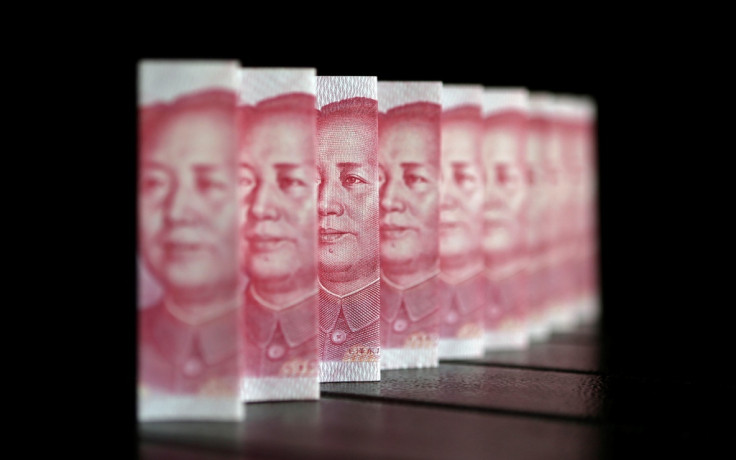China devalues yuan for third straight day taking fix to 4-year low

China's central bank continued to devalue the country's currency for a third straight day, amid fears of a global currency war.
On 13 August, the People's Bank of China (PBoC) devalued the yuan by 1.1% to 6.4010 per US dollar from the previous fix of 6.3306 per dollar. This follows cuts by 1.6% and 1.85% on 11 and 12 August, respectively.
The yuan opened at a spot rate of 6.3880 per dollar and was changing hands at 6.4288 at midday, 418 points weaker than the previous day's close.
The yuan fix has now come back to the July 2011 lows, after the devaluation in the currency by 4.65% in three days.
After China devalued its currency for a second day on 12 August, fears of a global currency war have intensified, with many experts suggesting the country is unfairly weakening the currency to support its exporters. Meanwhile, the central bank tried to allay fears saying its aim was not a steady depreciation.
The PBoC further noted that its yuan exchange rate adjustment was almost completed, and the change in the value would boost confidence in the yuan and support its internationalisation.
However, there were rumours that powerful officials in the government wanted the currency to be devalued further, by almost 10%.
In Japan, Prime Minister Shinzo Abe's economic advisor Koichi Hamada said China's foreign exchange move would boost the yen, and Japan could offset the yuan devaluation by monetary easing. He added that the Bank of Japan would earmark more easing measures, if China's move hit its external demand significantly.
© Copyright IBTimes 2025. All rights reserved.






















